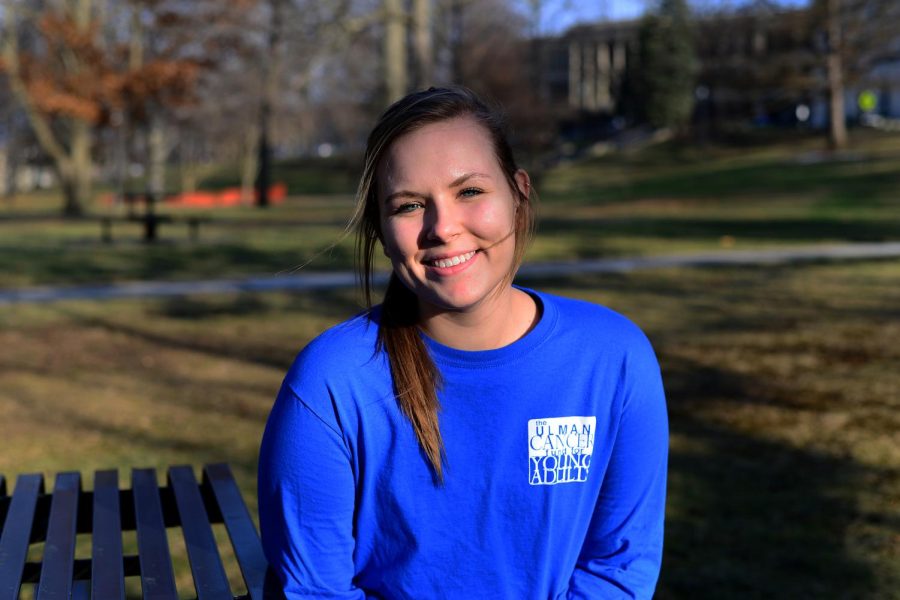Student runs cross country for cancer
February 12, 2017
When an individual, particularly a young adult, is diagnosed with cancer — regardless of the outcome — their lives are changed forever.
In 1996, when 19-year-old Doug Ulman discovered he had Chondrosarcoma, a malignant tumor, he experienced it firsthand.
Using his own experiences as a platform, Ulman decided to create the Ulman Cancer Fund for Young Adults, which focuses on providing resources and support for young adults and families affected by cancer.
Since its inception in 1997, the Ulman Cancer Fund (UFC) has grown into a multi-functional organization. In 2001, UCF founded the 4K for Cancer program, in which participants run cross-country to raise money for cancer patients and survivors.
For Kaitlyn Redovian, a senior nutrition and exercise science major at Kent State, cancer is a disease that is all too personal.
“I applied to 4K because my aunt passed away from cancer almost four years ago,” Redovian said. “The applications went up last summer and I said, ‘You know what, let’s go for it.’”
Part of a team of 30 from all over the world, Redovian said she’s excited for the journey she’ll embark on this summer for the first time.
“I just heard of it right around the time (her aunt) had gotten sick, and it just so happened that I started running and I loved it, and the applications came up and I was like, ‘Alright, let’s do it.'”
With running an integral part of Redovian’s life, she said she is excited to get back on the road.
“I started running three years ago,” Redovian said. “My best friend was in the police academy (at Kent State), and she convinced me to start running with her.”
The program, which lasts for 49 days, consists of five routes: three for biking and two for running.
The three routes reserved for biking begin in Baltimore and end in Seattle, Portland and San Francisco, respectively.
The running routes include New York and Baltimore, where runners end up after starting in San Francisco.
The 4K for Cancer program requires all participants to have a specific level of personal fitness prior to riding and running: Runners are required to follow a 20-week training plan and be able to comfortably maintain a 10-minute mile pace, while bikers must log a total of 500 miles and complete a 50 and 70-mile race, according to the website.
Along the way, participants provide volunteer work in cancer treatment centers, hospitals and hope lodges along the route.
For those unable to get involved through biking or running, the program offers the opportunity to become a host for participants or provide meals and supplies along the routes, according to Redovian.
For those unable to physically be involved, they can donate funds to a specific rider, runner or team.
The program also provides scholarships to young adults who have fought cancer.
Justin Crookes, a biology and psychology junior at Miami University who ran last summer, said the 4K for Cancer is a way to let families who are directly affected by cancer know that they are not alone.
“We attempt to raise money for the UCF, as well as provide inspiration and motivation to those currently battling, so they keep fighting and know that there are people out there rooting for them,” Crookes said.
Participants in the races travel through 320 communities, according to the program’s information page. For the five routes this summer, more than 100 riders and runners are registered. 4K for Cancer has raised $4 million so far.
Crookes said he recommends the 4K for Cancer for anyone who is even remotely interested.
“This summer was easily the best summer of my life and I wouldn’t trade it for the world,” Crookes said. “If anyone is even considering it, I would definitely encourage them to reach out to an alumni or call the UCF and ask some questions. It’s the most incredible experience of your life and you will not regret one moment of it.”
Tyler Haughn is the student health reporter, contact him at [email protected].












